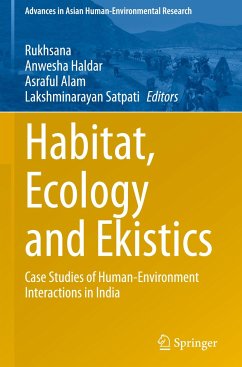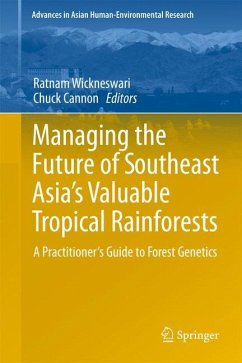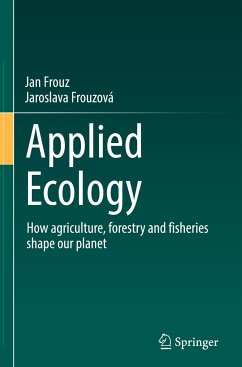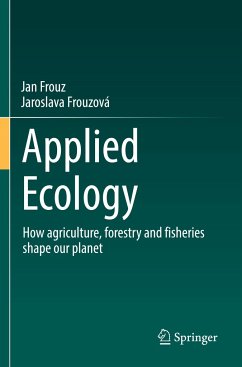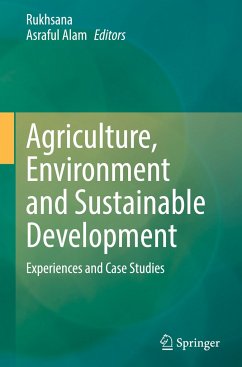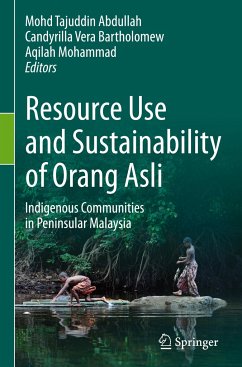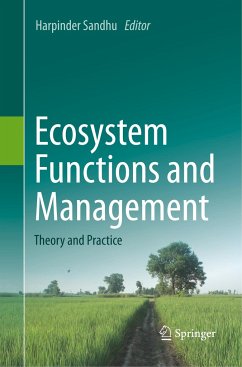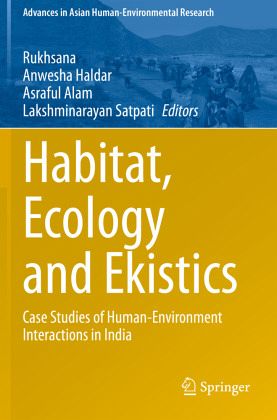
Habitat, Ecology and Ekistics
Case Studies of Human-Environment Interactions in India
Herausgegeben: Rukhsana; Haldar, Anwesha; Alam, Asraful; Satpati, Lakshminarayan
Versandkostenfrei!
Versandfertig in 6-10 Tagen
98,99 €
inkl. MwSt.

PAYBACK Punkte
49 °P sammeln!
This volume uses an innovative and interdisciplinary approach to assess various issues resulting from human-environment interactions in relation to sustainable development. The book encompasses theoretical and applied aspects, using both thematic and regional case studies from India, to highlight the impact of human-environment interactions at various spatio-temporal scales, with each study focusing on a particular anthropogenic issue, particularly in an Indian context. The book's three focal themes (e.g. habitat linkages, ekistics and social ecology, hazard and environmental management) elabo...
This volume uses an innovative and interdisciplinary approach to assess various issues resulting from human-environment interactions in relation to sustainable development. The book encompasses theoretical and applied aspects, using both thematic and regional case studies from India, to highlight the impact of human-environment interactions at various spatio-temporal scales, with each study focusing on a particular anthropogenic issue, particularly in an Indian context. The book's three focal themes (e.g. habitat linkages, ekistics and social ecology, hazard and environmental management) elaborate the essential components of human-environment interactions with nature, its impact on the surrounding natural and social environments, and management techniques through research innovations. Readers will learn how maladjustments, disturbances and disasters are often inevitable byproducts of human-environment systems, and what conceptual and practical strategies can be applied towards sustainable coexistence. The book will be of interest to students, academics and policymakers engaged in environmental management, human-environment interactions and sustainable development.



